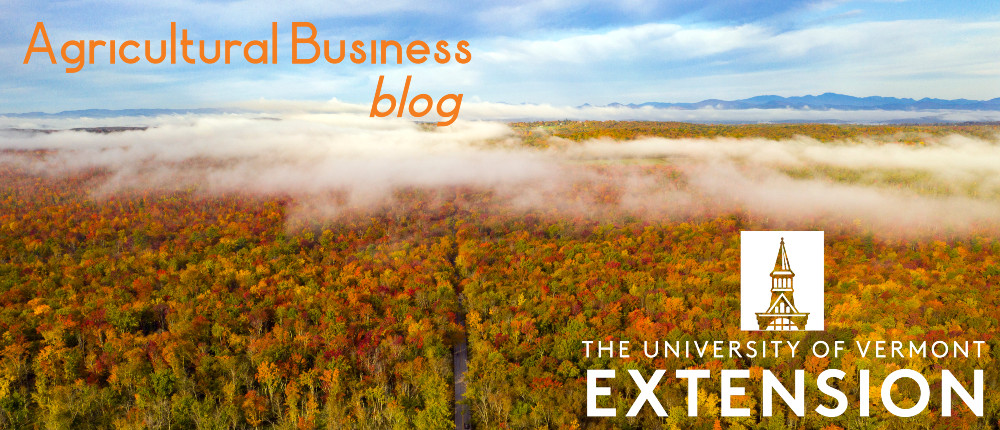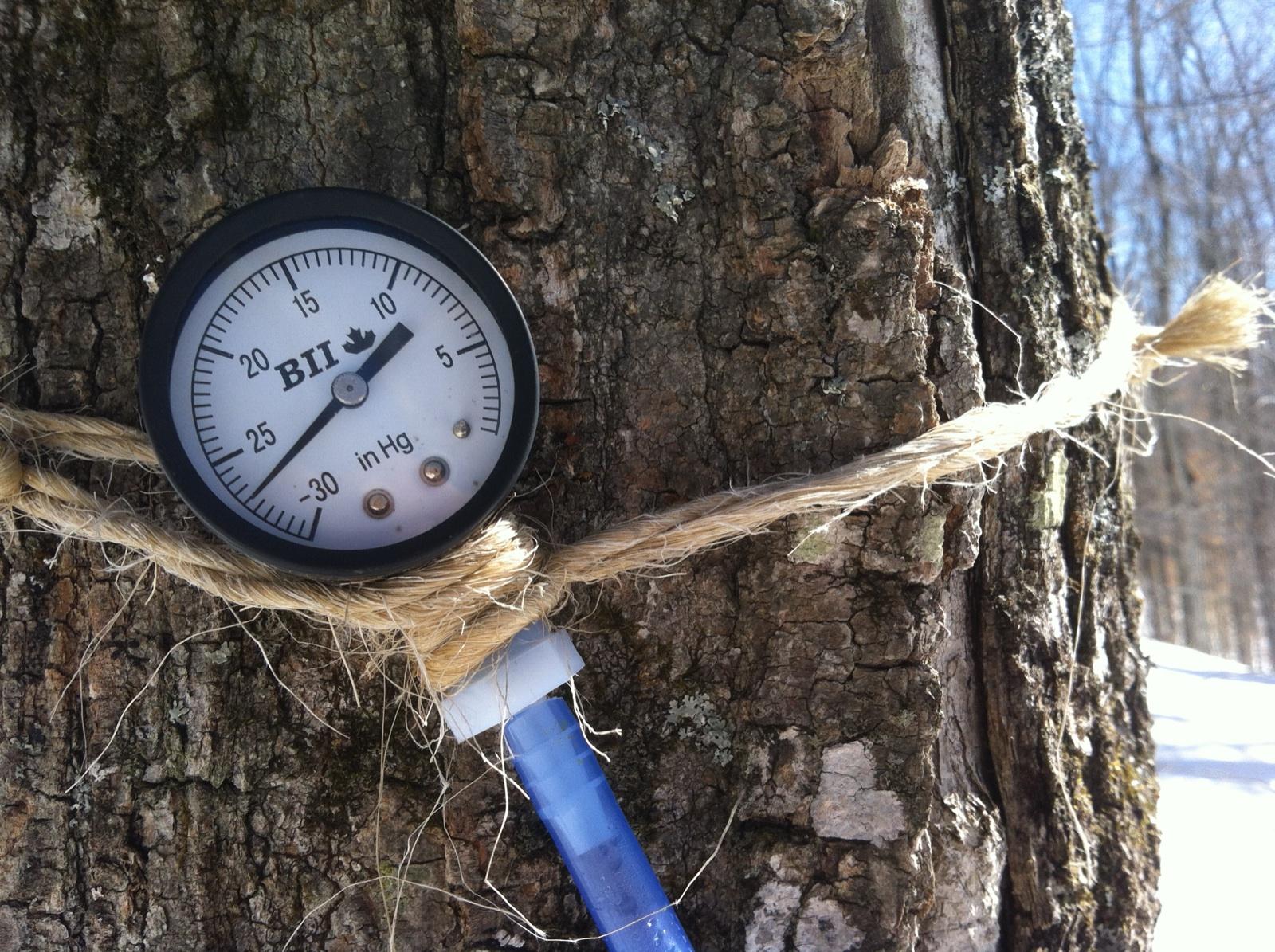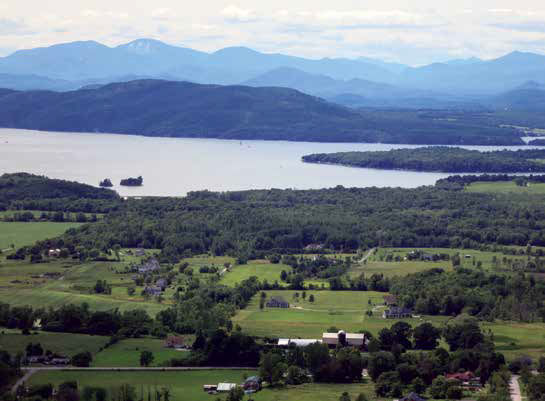On February 17, 2017 the VT statewide farm viability business planning network members met to share current research and resources to advance farm business plans.The session included farm business benchmarks, feasibility studies and conservation easements.
The Farm to Plate Viability Indicators Task Force is collecting key benchmarks and indicators for produce, livestock, maple and other ag sectors in VT. Picture the scene, 17 business planners adding notes to a group spreadsheet and punching calculators to document business metrics used to evaluate performance and management: labor expense ratio for produce farms, gain per day for grass-fed beef finishing, debt repayment margins for robotic dairies. The task force will be publishing key benchmarks later in 2017.
Rose Wilson shared recent feasibility projects she has been working on. Right now, enterprise analysis projects for organic enterprises including grass only milk, laying hens and pork is underway. Spoiler…. these enterprise are challenged to break even at the current cost and market price levels. More studies include….
Feasibility Study for a Leased Vegetable Storage Facility, Rose Wilson This reports explores the demand and business feasibility for a shared-use leased vegetable storage facility.
Northeast Kingdom Agricultural Transportation Feasibility Study, Rose Wilson
This report presents different freight service delivery solutions and includes cost analysis, route mapping and other business considerations.
The meeting concluded with an extended panel featuring the VT Land Trust Farmland Access Program. A key discussion centered on on farm labor housing and appraisal considerations relating to collateral values and credit decisions. Conservation easements continue to be an important way to meet conservation goals, facilitate farmer exit planning and provide affordable farmland access for new farm businesses.




 Farm Viability has filtered the internet universe and posted the best resources to assist managers with legal decisions, market research and financial records. Visit our
Farm Viability has filtered the internet universe and posted the best resources to assist managers with legal decisions, market research and financial records. Visit our